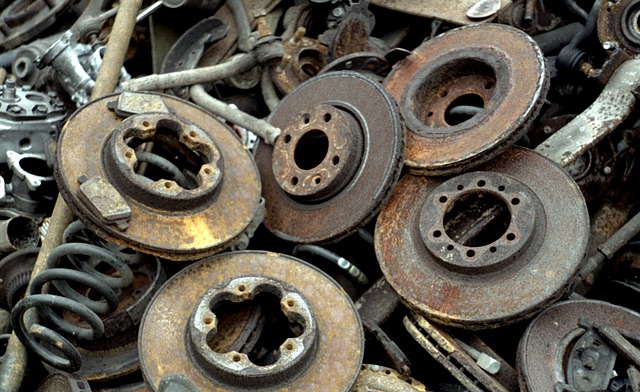Gardeners can turn yard waste into valuable compost through sustainable practices, benefiting soil health and reducing environmental impact. By separating organic materials, maintaining moisture and aeration, and following layering techniques, they create nutrient-rich compost that promotes robust plant growth. This eco-friendly approach to yard waste removal and recycling minimizes landfill waste, reduces carbon footprints, and contributes to a circular economy, making it an essential strategy for both environmental conservation and thriving gardens.
Compost creation is a powerful tool for garden enthusiasts looking to reduce yard waste removal and recycling costs while enhancing their soil’s health. Understanding the impact of yard waste on the environment is the first step towards sustainable gardening practices. This article delves into the art of composting, providing a comprehensive step-by-step guide to help you master this eco-friendly technique. We also explore the numerous benefits of composting for your garden and the environment.
- Understanding Yard Waste and Its Impact
- The Art of Compost Creation: A Step-by-Step Guide
- Benefits of Composting for Garden Enthusiasts
Understanding Yard Waste and Its Impact

Many garden enthusiasts generate a significant amount of yard waste, from grass clippings and leaf debris to pruned branches and vegetable scraps. Instead of viewing these organic materials as mere clutter, understanding their potential as compost offers a sustainable solution for both garden health and environmental impact. Properly managed, yard waste can be recycled into nutrient-rich compost that enhances soil structure, promotes healthy plant growth, and reduces the need for synthetic fertilizers.
Effective yard waste removal and recycling practices involve separating organic materials from non-biodegradables, ensuring proper moisture content, and aerating the pile to facilitate decomposition. By embracing these strategies, garden enthusiasts not only contribute to a circular economy but also play a vital role in minimizing landfill waste and reducing their carbon footprint.
The Art of Compost Creation: A Step-by-Step Guide

Compost creation is an art that every garden enthusiast should master, offering a sustainable solution for yard waste removal and recycling. It begins with gathering the right materials—a mix of green items like fruit and vegetable scraps, coffee grounds, and grass clippings, balanced with brown elements such as dry leaves, wood chips, and shredded paper. This balance ensures effective decomposition.
Next, consider container size and location. A dedicated compost bin or pile in a corner of your yard works best. Layer the materials, ensuring proper aeration by adding a few inches of topsoil or compost between layers. Regularly turn the pile to introduce oxygen, speed up the process, and prevent odours. Over time, these efforts transform organic waste into nutrient-rich compost, ready to enrich your garden soil.
Benefits of Composting for Garden Enthusiasts

Composting is a beneficial practice for any garden enthusiast looking to enhance their green space while also contributing to environmental sustainability. One of the primary advantages is the effective management of yard waste removal. Instead of relying on traditional disposal methods, which can be harmful to the environment, composting allows gardeners to recycle organic materials from their own homes. This includes kitchen scraps and yard trimmings like leaves, grass clippings, and old plants—all of which can be transformed into nutrient-rich compost that serves as a natural fertilizer for gardens.
By adopting composting practices, enthusiasts can reduce the amount of waste sent to landfills, thereby minimizing methane emissions and soil contamination. Moreover, the process encourages a circular economy where resources are reused, promoting a more sustainable lifestyle. With its numerous environmental benefits and positive impact on garden health, composting is a simple yet powerful tool for any dedicated gardener looking to create a thriving oasis while also contributing to a greener planet.
Compost creation is not only an eco-friendly practice but also a valuable asset for garden enthusiasts. By understanding yard waste and its impact, following a simple step-by-step guide, and reaping the benefits of composting, you can contribute to sustainable yard waste removal and recycling while enhancing your garden’s health and beauty. This natural process allows you to transform organic material into a nutrient-rich resource, fostering a healthier ecosystem both at home and beyond.
